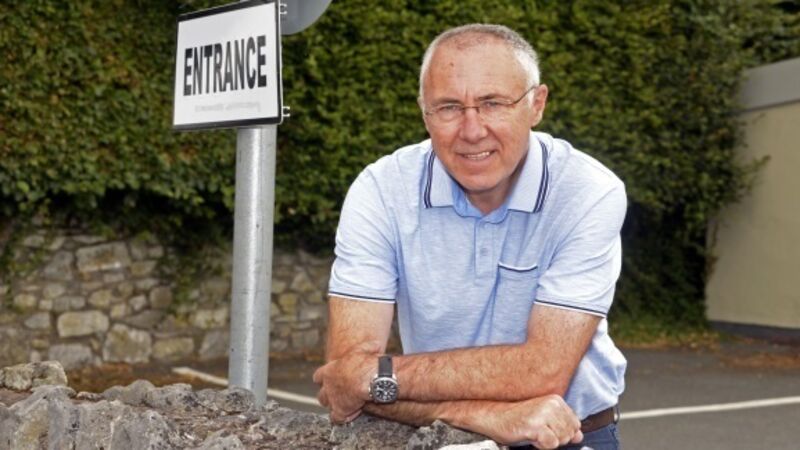John Allen a leader of men

These days it’s the challenge of the concertina more than coaching that is focusing the mind.
About a quarter of an hour into a conversation with John Allen and it dawns on you that while you’re the one that requested the interview, so far he’s the one that has asked most of the questions. About your children.












